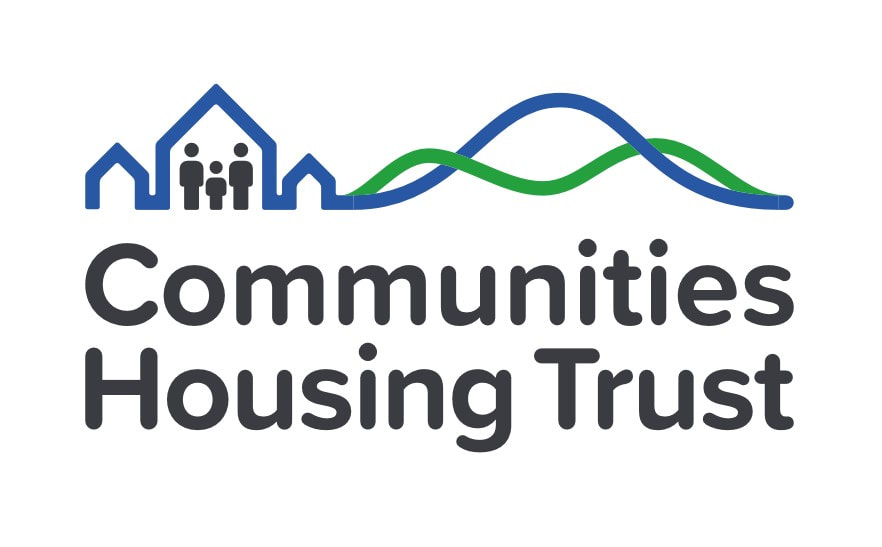|
This blog is part of a monthly series about community-led housing in Scotland, jointly written by Mike Staples, Chief Executive at South of Scotland Community Housing (SOSCH), and Ronnie MacRae, Chief Executive at Communities Housing Trust (CHT). Between us we’ve worked with hundreds of communities across Scotland, facilitating well over 1,000 affordable homes. Public consultation for the proposed National Planning Framework 4 (NPF4), the Scottish Government’s long-term plan for spatial development is open until 31 March 2022, and once adopted by Holyrood, will provide an overarching guide for local planning decisions through to 2045. CHT and SOSCH and whole-heartedly welcome the introduction of community ownership, community wealth-building, and the wellbeing economy that appear throughout the NPF4. We celebrate the formal recognition of these ideas and see their inclusion in the draft framework as an important shift from existing planning policy. Scotland’s approach to community land use and land reform is world class. If we have a planning system that matches and follows up this approach, we can build a more equitable, sustainable, and diverse Scotland—just what NPF4 sets out to do. We should not lose sight of this opportunity for big changes: to ensure communities are given priority in planning considerations. At SOSCH and CHT, our work is already aligned to many of NPF4’s intended outcomes. The projects we support tackle the critical challenges of:
We know community-led housing builds the ‘great places’ NPF4 describes: Photo credits: Hazel J L Smith, Chartered Architect SOSCH supported the Wigtown and Bladnoch Community Initiative’s community-led redevelopment of a former bank in Wigtown into two affordable family homes and a community-owned bunkhouse. The project creates new housing options for local families who need it, but also generates income by providing visitor/tourist accommodation in the heart of Scotland’s Book Town. Maintenance of the bunkhouse will provide new jobs to the community. This project provides an excellent example of sustainable growth of key industries in the region, delivered through community wealth-building models that do not leave locals behind. Taighean a’ Chaiseil in Staffin, Skye, was a community-led partnership between Staffin Community Trust, Communities Housing Trust and Lochalsh & Skye Housing Association. Six affordable homes, a new NHS Highland health centre, and new commercial space implement the principles of a 20-Minute Neighbourhood, but in a way that’s realistic for rural settings. As a result, the development has helped retain the primary school; the population of Staffin has increased; there is improved and expanded health services for the area; the local economy is growing and is more diverse; and rental income for the community-owned units is reinvested in community projects. This also echoes the principles and practice of circular economies which we believe should be at the forefront of NPF4. The concepts put forward by NPF4 should allow for clear understanding and interpretation by planners and consultees, to ensure consistency and efficacy – particularly in the approach to rural areas.
We need localised policies; we know that communities already do this well, in expressing their needs and aspirations. Spatial zoning may flatten and ‘box’ this expression, with little flexibility for future changes of use. We believe that positive and inclusive language should be used for all proposed zones, to reflect how we value Scotland’s diverse residents. The five broad regions and their priorities will be more effective and valuable on the ground if communities have central involvement in the transitions proposed. An NPF4 that unequivocally supports community-led development could be radical for Scotland. We could achieve positive community outcomes at a new scale, if our planning system succeeds in establishing preference for community ownership models over the market-based approaches that are failing us. With 27,571 households homeless [1], an estimated 25% of those who are housed living in inadequate homes [2], and 1 in 4 renters and mortgage holders worried about not being able to pay their housing costs [3], we urgently need a better national strategy. NPF4 is an important opportunity to refresh our collective approach to housing, local development, and public participation. We recognise the need to make the most of it and we ask the Scottish Government to go boldly towards a more equitable, participatory, and sustainable future. NPF4 can deliver the great places it envisions, if we use what we already know and let communities lead the way. References: 1] Shelter Scotland: https://scotland.shelter.org.uk/housing_policy/key_statistics/homelessness_facts_and_research 2] Young, G. 2021: The right to adequate housing: are we focusing on what matters? : CaCHE (housingevidence.ac.uk) 3] 2021 research from Shelter Scotland: https://scotland.shelter.org.uk/media/press_releases/one_in_four_are_worried_about_not_meeting_housing_costs_in_2021 Scourie Community Development Company (SCDC) plans to purchase almost three acres of land in Scourie near the primary school, with grant support from the Scottish Land Fund.
The purchase, from landowner Alan Balfour, which will take place later this year, and will allow the community to build a number of affordable homes as well as new commercial space. The project follows a survey on housing need undertaken last year by the Communities Housing Trust on behalf of SCDC, which showed high demand for affordable homes. In particular, businesses are struggling to house staff, impacting on the local economy. Communities Housing Trust further supported SCDC with a feasibility study in 2021, and is continuing to help facilitate the development process. The first phase to build eight affordable homes of different sizes and tenures and two commercial work units should begin next year. The site is currently common grazings and permission will be sought for a change of use. Planning permission will also have to be granted before construction can commence. A future phase providing homes of mixed tenures, including private and affordable homes, will also see wide benefits for the whole community. Angus Mackay, vice chairman of SCDC said: “The lack of locally affordable housing has contributed to the declining numbers of children in the school and to the decline in the number of economically active people in the area. For the community to be sustainable and thrive, the population needs to grow. The award from the Scottish Land Fund will enable SCDC to move our exciting project nearer to reality. We also would like to thank the Communities Housing Trust for their tremendous support.” Ronnie MacRae, CEO of Communities Housing Trust, said: “We’re delighted to be working with SCDC to provide not just affordable housing, but wider social and economic benefits too. This community-led, mixed development model is often so much more suited to smaller, more rural communities and we are extremely pleased to continue working with SCDC to further develop the site. We’d like to thank the Scottish Land Fund for their support, and congratulate the community on getting to this stage. Well done!” The PH8 Community Group is launching a survey in partnership with the Communities Housing Trust (CHT) to inform what housing is needed now and into the future.
The survey results will help shape what housing is provided in Dunkeld, Birnam and surrounding area, led by the needs and aspirations of the community, and will help ensure future sustainability. One of the key actions in the Community Action Plan is to find ways to enable younger people, families and those working in the area to live locally, and to provide suitable affordable homes for local people. As well as current residents, the Group would also like to hear from people wanting to return or re-locate to the area, and local businesses, including potential new businesses. The survey is funded by Perth & Kinross Council, as part of a larger project looking at developing affordable housing in five different communities across the area, including Mount Blair, and this one around Dunkeld and Birnam. Sophie Cade, PH8 Community Matters, says “Housing for all is a key theme in the newly launched PH8 Community Action Plan, and it is great to be taking the first step towards better understanding the issue and how we can tackle it. It is really important that as many people as possible participate in this survey so that there is a strong basis for actions to follow.” Ronnie MacRae, CEO of Communities Housing Trust, said: “We are very pleased to be working with the community of PH8 to understand their specific needs, as part of a wider project across Perthshire. We know demand for quality, affordable housing will be high here, and we now have increased opportunities to address this, with Scottish government policies on land reform, supporting rural housing and community empowerment. “Community-led housing is often the best option in small, rural communities, as it can be tailored, providing a mix of tenures as well as a mix of house sizes, to give the greatest possible flexibility to residents.” The surveys can be completed online before Sunday 1 May at: https://www.chtrust.co.uk/surveys. For anyone needing an extra bit of support to complete the survey online, a series of drop-in sessions are available where anyone can pop in and get help with submitting their response:
The Applecross Community Company is delighted to welcome local households into their new homes, the first community-owned accommodation on the peninsula and the first affordable houses built in Applecross for 18 years. This community-led development of three accessible homes is a milestone for the area, built in response to concerns about the lack of good quality, affordable accommodation for the local community. The development of An Toll Bàn (“the fair hollow”) was undertaken by the Applecross Community Company (ACC) with support from the Communities Housing Trust (CHT). The homes will be managed by CHT on behalf of ACC and are offered at an affordable rent level. Since its establishment in 2008, ACC has delivered a range of community benefit projects with the aim of improving the resilience, sustainability and prosperity of the Applecross community. The site for these new homes was purchased by ACC from NHS Highland in 2020, with support from the Scottish Land Fund. The project’s construction has been supported by the Rural Housing Fund, SSE’s Sustainable Development Fund, Highlands and Islands Enterprise, and Applecross’ community-owned hydro project Apple Juice. Kinellan Building Ltd were contracted to build the homes, which are also affordable to run, a key aspect in tackling fuel poverty. Elderly residents or those with additional health needs and local connections to the area were prioritised for these accessible houses as a way to support the intergenerational sustainability of Applecross. Close to the GP surgery, the homes provide improved access to health facilities if needed, and NHS Highland was supportive from the outset. One of the homes is wheelchair accessible. In addition to the An Toll Bàn properties, ACC will also be developing further affordable houses and community facilities on another site, which it is hoped will enable young folk and families to stay in the community. Housing Secretary, Shona Robison said: “I am delighted to see the completion of these three accessible homes. We want everyone to have a safe, warm affordable home that meets their needs and by ensuring we have accessible homes, then people can live independently in their own home for longer in the community they wish to live. Community led projects, such as this, highlight the benefits that the Rural and Islands Housing Fund provides, and even a small number of homes can make a huge difference in our rural communities.” Owen Kilbride, Chair of the Applecross Community Company, said “Tackling the crisis of affordable housing in Applecross is a priority for us and we are very excited to see local residents moving into their new homes. Our thanks goes out to NHS Highland, the funders who supported the project, and to CHT and Kinellan for completing the build on budget despite the pandemic’s uncertainties. This is only the start and we shall be building further affordable homes for our community in the coming years.” Ronnie MacRae, CHT chief executive, said: “CHT are delighted to support ACC in providing these community-led homes, which will mean that older residents are better supported. Helping people of all ages stay within their community is crucial for the ongoing sustainability of rural areas. We’d particularly like to thank NHS Highland for their enthusiastic support for the project, and Scottish Government for their funding assistance. We’re looking forward to working with ACC on further housing projects.” Alan Wilson, Director of Estates, Facilities & Capital Planning for NHS Highland, said: “NHS Highland is committed to supporting local communities and this is a great example of collaborative working between all the relative groups in providing much needed affordable housing for the area.” Ian Philp from HIE’s Lochaber, Skye and Wester Ross area team, said: “We are really pleased to have supported ACC to help realise their aspirations for community-owned housing. We recognise the importance of the availability of affordable and energy efficient accommodation and we are delighted to see the ACC bring this ambitious project to fruition, which will bring many benefits to the community.” Building the Applecross homes: photo journeyFor more information about the project, have a look at the case study:
Five affordable self-build plots on Elizabeth Crescent in Dornoch are seeking budding home-builders!
The plots are for sale at £25,000 each by Dornoch & District Community Association (DADCA), following a community asset transfer of land from The Highland Council. Full planning permission has been granted on the plots, for homes up to 2 storeys high. The plots will be allocated to prioritise local community residents who need a stable, long-term home. The sale of the community-owned plots will generate income for DADCA to use on further community projects, supporting the ongoing sustainability of the Dornoch area. The Communities Housing Trust (CHT), who have supported DADCA to acquire the plots, will allocate the plots independently, on behalf of DADCA. CHT will also apply the Rural Housing Burden which applies a discount percentage to the plots. The Burden is a legal title condition which helps to ensure affordability in perpetuity, and prioritises local communities. This helps to protect housing stock for local residents, and limit second- and holiday-home ownership. Prospective self-builders may also find the Self-Build Loan Fund useful. The Fund is a national scheme administered by CHT on behalf of the Scottish Government, to provide loans to people who have been refused mainstream self-build mortgage finance. Applications to the Fund are open until 31 August 2022. Carol Mackay, co-chair of DADCA, said: “We are delighted to have secured this land as a community asset and to know that the plots will be made available at a discounted price to local families who meet the criteria set down by Communities Housing Trust.” Ronnie MacRae, CEO of CHT, said: “We are delighted to be supporting DADCA in providing the plots, which will create permanent, local homes. Self-build is sometimes the only option in small communities where other options for housing is limited, and we’re pleased to be supporting several plots in Dornoch which will in turn support further positive community work in the area.” A full brochure and application form will be available soon. To express interest in the self-build plots, please register your details at: https://www.chtrust.co.uk/self-build-plots.html. This blog is part of a monthly series about community-led housing in Scotland, jointly written by Mike Staples, Chief Executive at South of Scotland Community Housing (SOSCH), and Ronnie MacRae, Chief Executive at Communities Housing Trust (CHT). Together, we’ve worked with hundreds of communities across Scotland, facilitating more than 1,000 affordable homes. Two policies with huge public impacts will shortly be put before Holyrood: the Human Rights Bill, including the ‘right to adequate housing and to the continuous improvement of living conditions’[1]; and National Planning Framework 4 (NPF4), which will direct planning across Scotland for the next 20 years.[2] Neither policy mentions the other, nor considers how they could complement each other in principle or practice. The draft of NPF4 references protecting human rights, but does not mention the ‘right to adequate housing’– a key component of the Human Rights Bill. This is a missed opportunity. The human rights principles of non-discrimination, participation, transparency and accountability[3] could apply equally to NPF4. For us, a clear and obvious way to put this into practice is to plant a community-led approach firmly at the core of both policies. Community-led development fulfils all four principles by requiring ongoing participation and engagement; collaborative working to fulfil local needs and aspirations; and clearly-defined benefits to protect housing stock legally for local communities, forever. We therefore suggest prioritising community-led development as a human rights approach to NPF4. The Human Rights Bill and NPF4 both speak of valuing Scottish residents’ knowledge and experiences, and we are presenting a tried and tested way to do just that. Delivering housing as a human right through community-led models We at CHT and SOSCH join Shelter, Alacho, CACHE, CIH Scotland, and the Scottish Human Rights Commission in supporting a human rights-based approach to housing. By realising housing as a human right, Scotland could guarantee everyone has an adequate home. This is a core shift. It would override the failures of a speculative housing market that leaves so many people behind; where second homes outprice local residents and workers, and truly affordable homes are few and far between; where homelessness is a by-product of false scarcity; and increasing numbers of holiday homes are forcing outward migration of both urban centres and rural areas. These are the very issues that community-led housing tackles. They are also issues our planning system should redress. The community right to repopulation and the individual right to live where you choose - rights which a community-led approach supports in practice - are manifestations of housing as a human right. Community-led housing is an exemplary model for a human-rights based approach to housing. It should be one of the central pillars of NPF4, as a planning framework for everyone, everywhere. Bringing Human Rights to NPF4 There is a belief that the planning system is fair for all. It’s not. Despite 97% of Scotland’s landmass being rural, the current draft of NPF4 is highly urban-centric. This indicates to remote and rural communities that they are not equally included in Scotland’s future, despite the leadership they are showing in community-led development and long-term sustainability. Are small communities and small developments getting a fair crack of the whip? Lesley Riddoch argues that the current draft of NPF4 is “...a powerful blueprint for planning which ignores all the incredible efforts of Scotland’s rural communities and leaves them once again at the margins, fighting the system instead of having their success recognised and turned into a new officially endorsed, small-is-beautiful default.” “Are the myriad plucky and often crowdfunded self-help developments by small communities still not enough to prove their worth to policy makers?” With this plea we resoundingly say yes – they should be. So what does human rights-based housing look like? What would prioritising community-led developments across Scotland accomplish? We believe local people answer these questions best. Communities have insights into the needs of their residents and strong motives to create happy, healthy, thriving places that a truly sustainable future requires. CHT worked in partnership with the Staffin Community Trust to provide not only the first affordable homes in the crofting community for 23 years, but also workshop space, office and commercial space, and a new NHS health centre that replaced an old building unfit for purpose. Facing increasing tourism and a population dropping to 40, the homes of mixed tenures have helped retain six families in the village including eight children, which in turn will help keep the primary school open. SOSCH supported the Moniaive Initiative’s redevelopment of a long-neglected house in the village to tackle the demand for housing for older people with mobility needs. Refurbishment created a new fully accessible layout, with a second bedroom, open plan kitchen, and wetroom. The house was let to an elderly resident with additional care needs . The community’s work allowed the resident to stay living in their own home—maintaining independence, whilst also getting support from family nearby. Even the smallest community-led developments can have a large impact in remote and rural communities if they are meeting specific needs.
We’re keen that policymakers leading both the legislative human rights and planning agendas look to embed community-led development as a fair, effective, and respectful way to deliver the changes they are charged with. We ask them to take the opportunity to consider the work of the community-led housing sector and place the knowledge and experiences of Scottish people front and centre in their policies. As we proceed into the final stages of NPF4 public consultation, the values of non-discrimination, participation, transparency and accountability should ground our response. Look out for next month’s blog which will share a more in-depth review of NPF4 and community-led housing. References [1] The Human Rights Bill is intended to be introduced at the current parliamentary session: https://www.gov.scot/news/next-step-towards-scottish-human-rights-bill/ [2] NPF4 closes for consultation at the end of March: https://consult.gov.scot/local-government-and-communities/draft-national-planning-framework-4/ [3] United Nations Committee on Economic, Social and Cultural Rights (CESCR) has defined seven general conditions that must be met to fully realise adequate housing, including security, affordability, location, and accessibility (among others). Cited from page 5 in Alacho report: Young, G. (2021) The Right to Adequate Housing: Are we Focusing on What Matters? Available at: ALACHO-HR-PAPER.pdf (housingevidence.ac.uk) (Accessed 2 February 2022) |
CHT BlogThis blog features a variety of CHT’s developments and projects located throughout the central and northern Scotland. It also includes the latest news and updates regarding the Trust. Archives
September 2023
Archives
September 2023
Categories
All
|
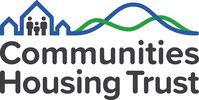
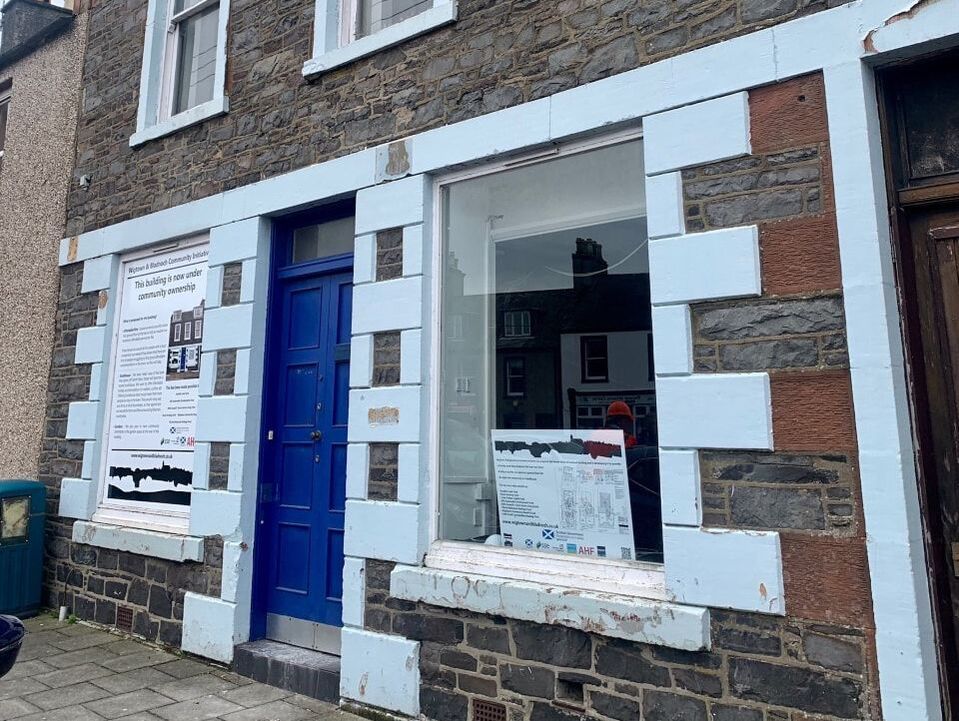
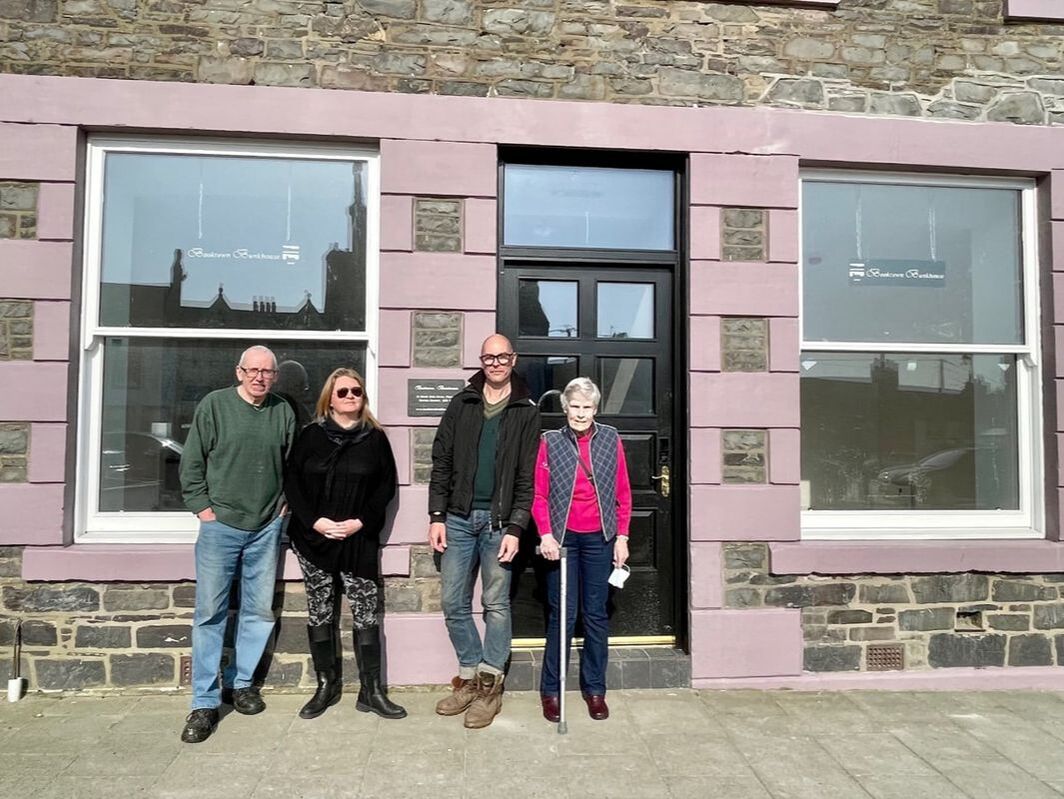
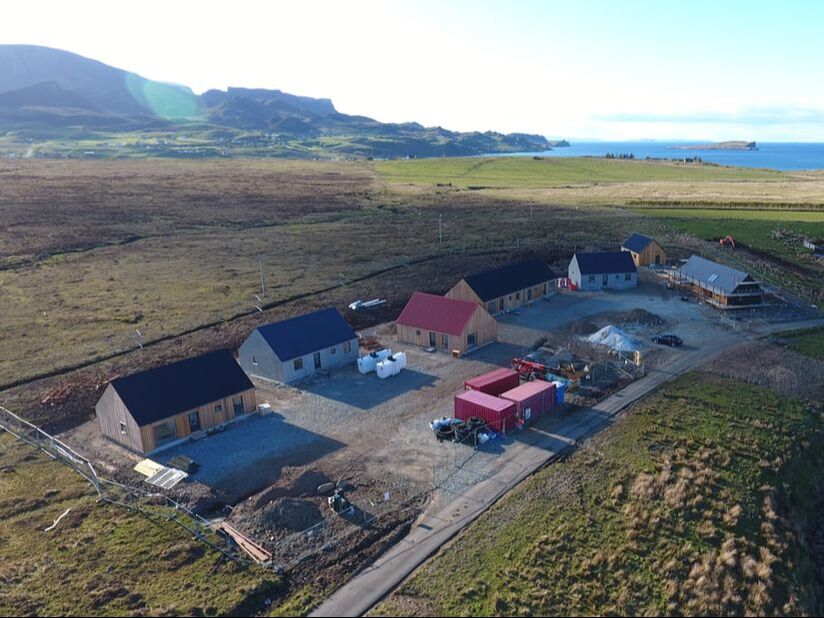
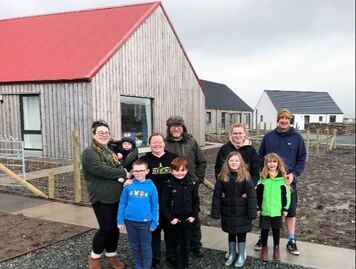


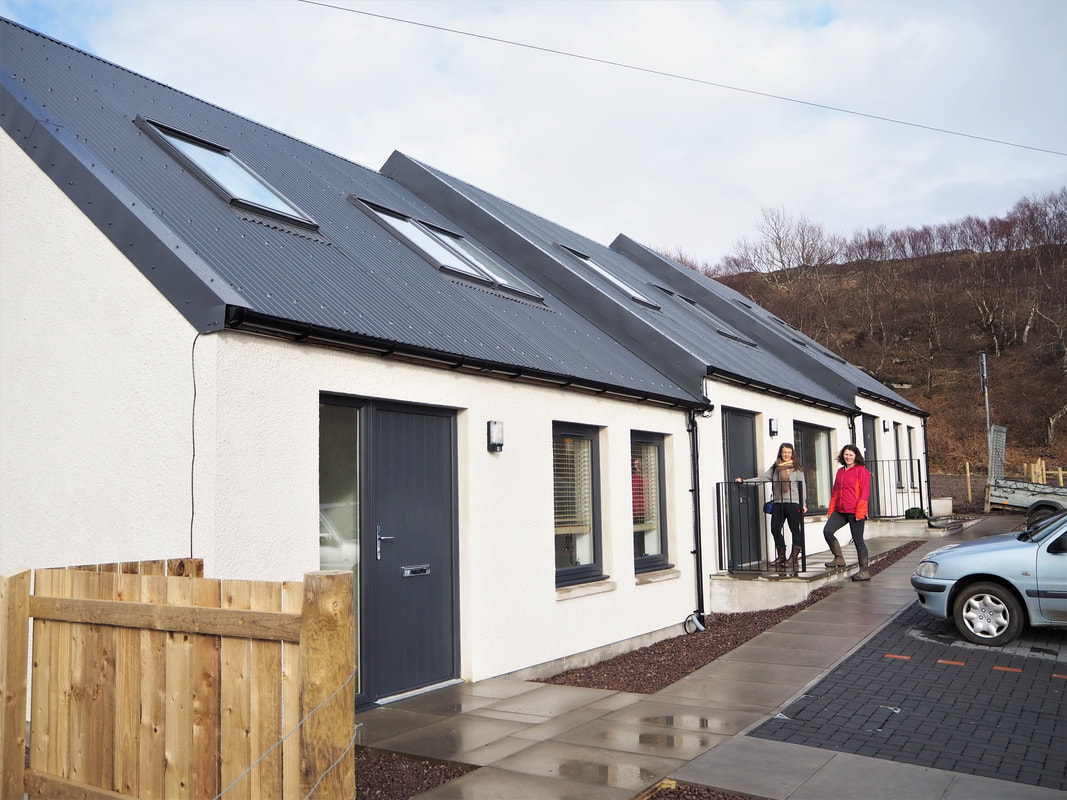


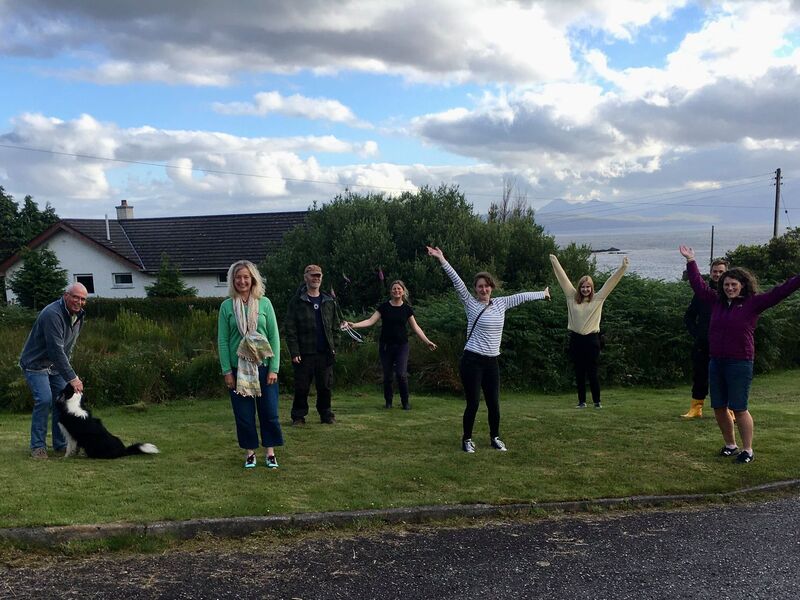
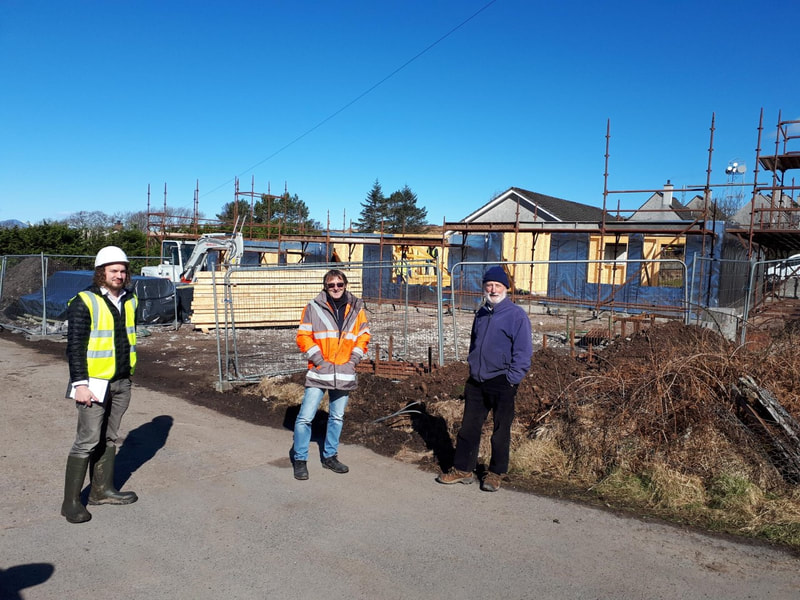
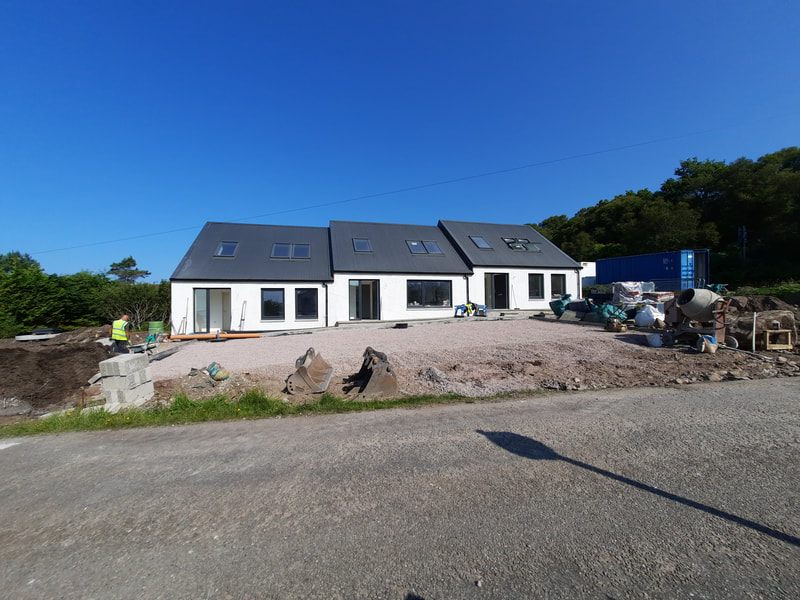
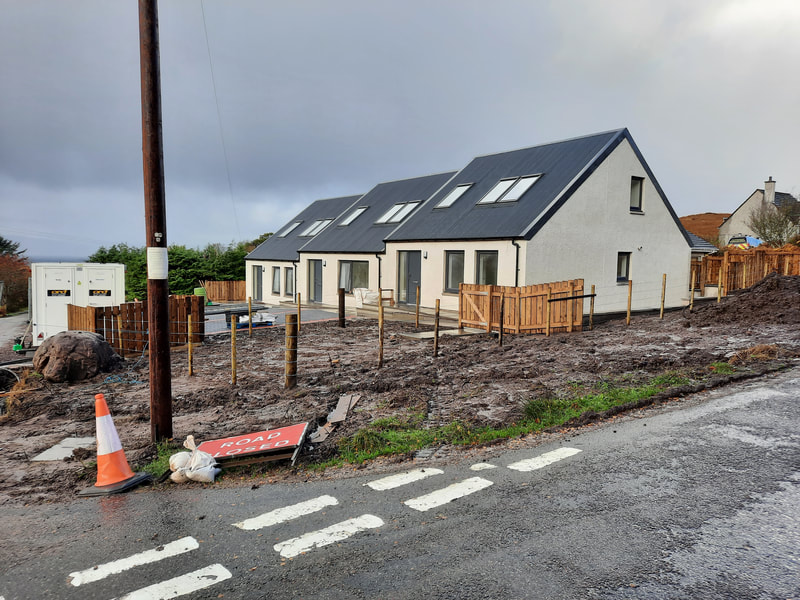
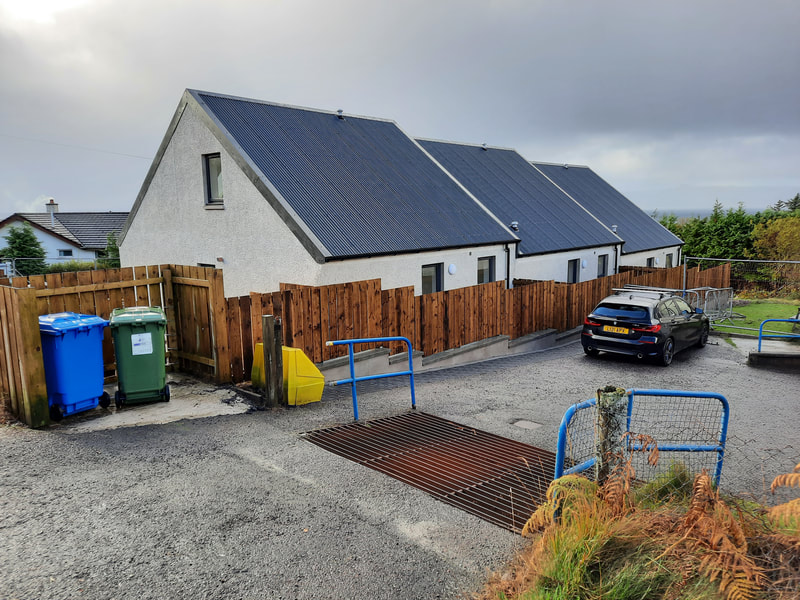
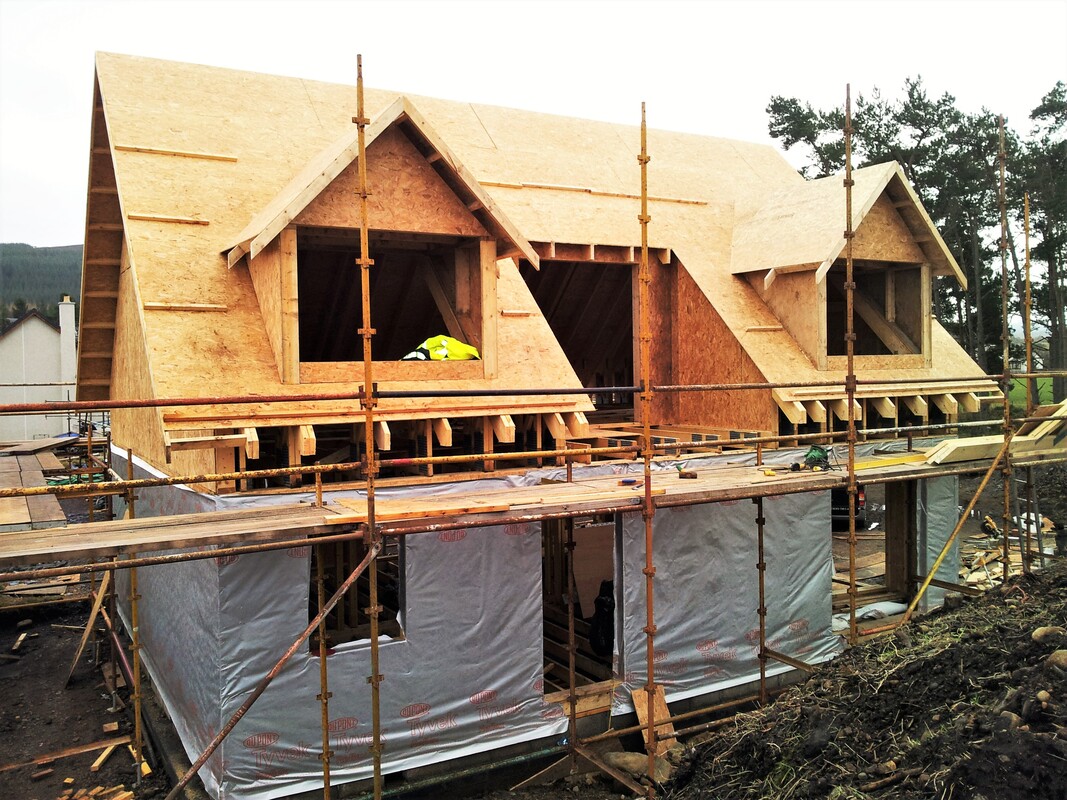
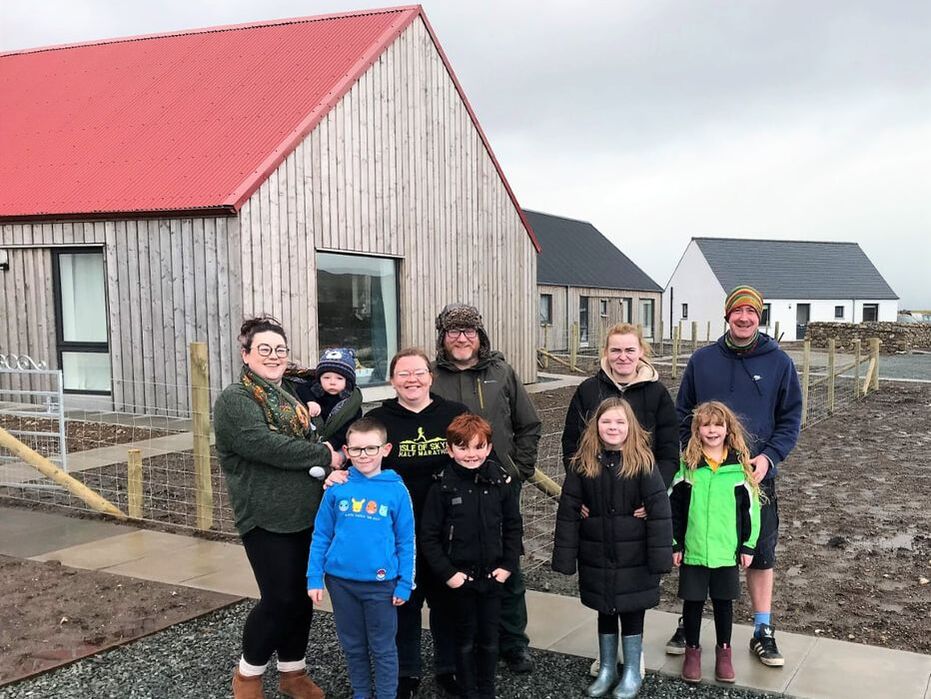
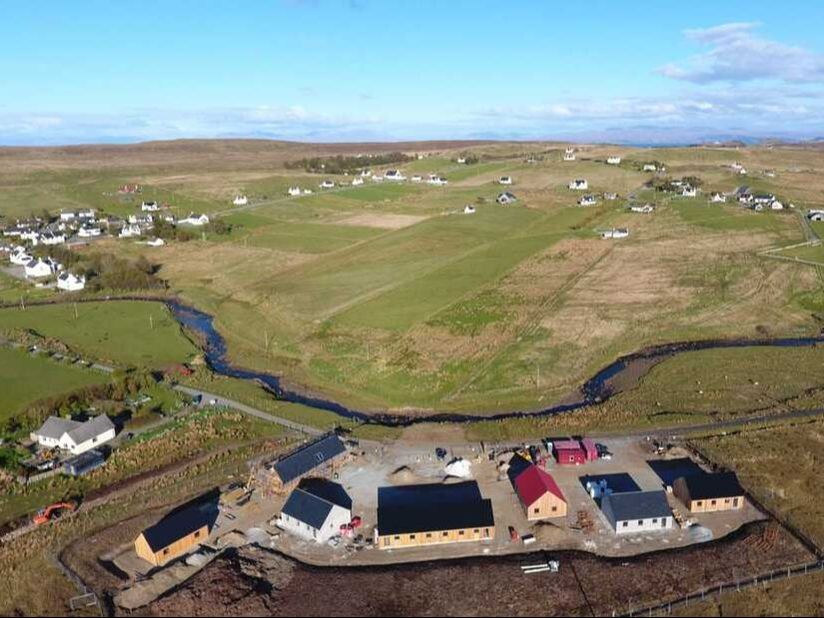


 RSS Feed
RSS Feed
